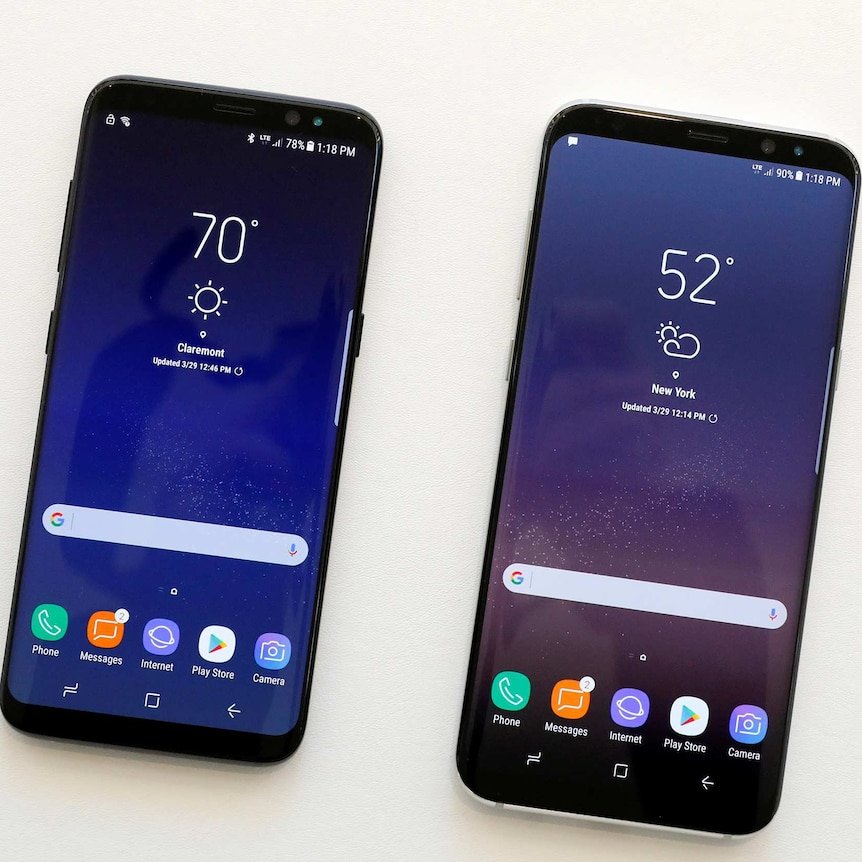
Using artificial intelligence to analyze nearly 60,000 social media posts, researchers have revealed unintended negative consequences from the use of popular fitness apps.
Reporting in the British Journal of Health Psychology, they found that commercial apps such as MyFitnessPal, Strava, WW (formerly Weight Watchers), Workouts, and FitCoach could affect wellbeing and motivation.
While these fitness apps—which were the five highest grossing worldwide as of March 2022—aimed to encourage healthy behaviors, the focus on numbers and performance could conversely make users feel ashamed, discouraged, or disconnected from genuine wellbeing.
The investigators call for apps that are more psychologically informed and centered on the user, with designs that prioritize intrinsic motivation and emotional health over strict data targets or profit-driven engagement.
“Fitness apps remain some of the most profitable and widely used health tools worldwide,” said researcher Paulina Bondaronek, PhD, from University College London.
“While they can benefit health, their downsides are often overlooked. When health is reduced to calorie counts and step goals, it can leave people feeling demotivated, ashamed, and disconnected from what truly drives lasting wellbeing.”
Digital health apps offer substantial opportunities to help people to live well, with the possibility of remote interventions, self-monitoring, or self-administered changes.
To discover potential downsides, Bondaronek and colleagues combined AI-driven topic modeling with human qualitative analysis to analyze 58,881 X posts that referred to the five most profitable fitness apps.
The Machine-Assisted Topic Analysis (MATA) technique enabled the analysis of large-scale textual data that would otherwise be unmanageable for qualitative studies.
Focusing on 13,799 negative sentiments, the team identified themes that highlighted how the self-monitoring function in many fitness apps led to an emphasis on quantifying diet and physical activity and the setting of goals that were at times unrealistic and were expressed as numeric targets.
A total of five recurring themes were identified in which calorie tracking, rigid goals, and technical glitches were linked with frustration, guilt, and demotivation.
Apps that focused heavily on tracking calories, macronutrients, and exercise metrics left some users struggling to meet numerical goals and expressing guilty or anxiety about food choices.
Algorithms could also fail to reflect individual differences or real-life complexities involving non-exercise activities such as breastfeeding, with users reporting confusion and frustration over inaccurate calorie counts or inconsistent data.
There were also problems syncing across devices or losing workout data which caused distress and distrust about the apps, with some users expressing stress and anxiety over lost progress or inconsistent readings.
Notifications and calorie reminders could further trigger shame, guilt, or irritation, with missing targets or “streaks” leading to demotivation or avoidance and users who stopped logging or over-exercised to “make up” for lapses.
The apps were also discussed in terms of their suitability as a health intervention in wider society, often in supportive ways.
Many users echoed neoliberal ideas, framing health as a matter of personal responsibility that wove into opinions on the potential negative impacts of these apps. One user, for example, maintained that fitness apps could not be blamed for contributing to eating disorders as “so many people use that app in a healthy way.”
The researchers concluded: “The current study highlights the need for better evaluation of commercial fitness apps, as well as more user-centered and psychologically informed app design that prioritizes well-being and intrinsic motivation over rigid, quantitative goals—and, indeed, profit.”





